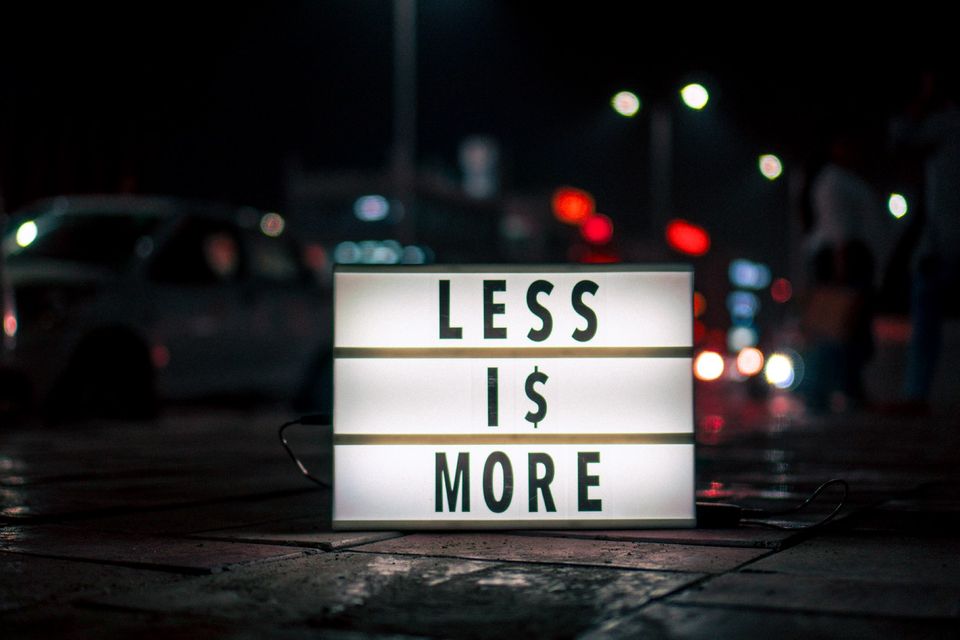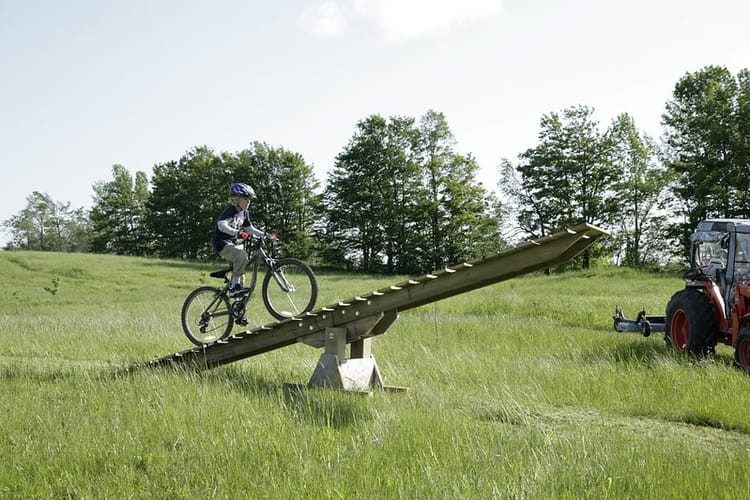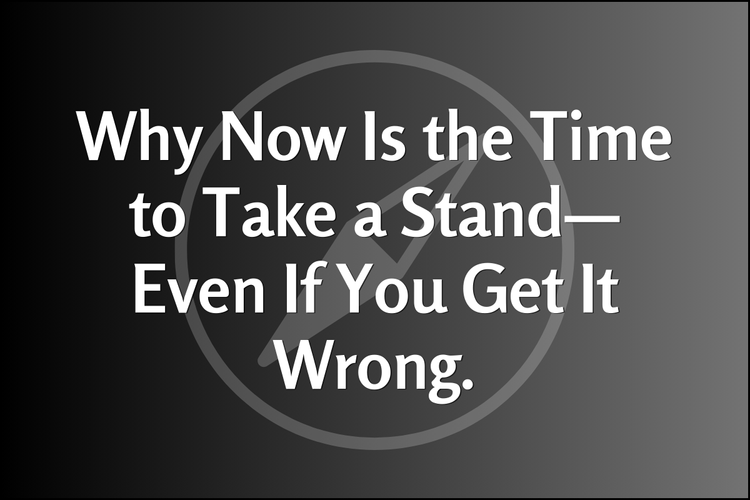Why You Need to Do Less to Accomplish More

Here's How To Do That and Have a Bigger Impact as a Creator.
Lately, I’ve been practicing doing fewer tasks and projects in my day, which has resulted in greater productivity, more published articles, and clearly fleshed-out ideas.
If this sounds like a contradiction, I invite you to suspend judgment and continue reading to understand how prioritizing one thing can make all the difference in accomplishing your goals more quickly and with greater efficiency.
As a creator, I need to allocate and plan extended quality time for creative generation work. My best energy and focus for writing and developmental thinking is in the morning. The more time I make available for being in a generative/creative mental space, the more likely I can access flow-state, making my work more efficient and of a higher quality.
Better Quality Includes Efficiency, Ease, and Speed.
The more efficient I am in my thinking and writing, the sooner an article will be complete and ready for editing, publishing, or turning into an episode for Think Queerly. The more efficient my writing, the quicker it gets done, allowing for more time to do the next thing. Efficiency and speed lead to a greater state of ease. If my energy and mental state are optimal, writing doesn’t feel like work at all.
Returning to the seeming contradiction of doing less to accomplish more, consider this to be a forcing function.
Picture a funnel full to the very top. If you’re always working on the tasks swirling about on the surface, you’ll have too much to focus on, too many distractions, and minimal alignment with what’s most important. If too many tasks flood the top of the funnel, you’ll get overwhelmed as everything starts spilling over the sides.
Where you want to be focusing your energy and production is in that narrow section of the funnel called the spout — to the expense of whatever is happening above.
Think of the funnel’s spout as a forcing function.
You can only fit so many things into that narrow funnel. This is sometimes called your niche, area of expertise, zone of genius, or the category that you’re known for. You need to spend as much time, if not all of your creative energy, in the spout, ignoring everything else that’s happening above.
What I like about the metaphor of the funnel is that it doesn’t negate all that’s swirling about at the top.
At some point, we have to deal with what’s at the surface. This may include tasks like production, editing, answering emails, financial administration for your business, and so on. You might outsource some of those tasks or allocate them to a time of day that doesn’t require as much creative brain — in the afternoon or evening.
If you’re a creator, the better your creative ideas solve other people’s problems, the more highly you’ll get paid.
In other words, you want to allocate your prime energy and focus to the time of day that allows you to create your best work that results in an optimal return on your investment.
Thanks for reading Self-Mastery by Darren Stehle! Subscribe for free to receive new posts and support my work.
Creativity Begets Creativity.
Here’s what seems like another paradox. If you only book one thing to do in your morning that supports your creative efforts, and you eliminate all other tasks and distractions, you’ll surprise yourself with how much you create. You might even create new things that weren’t on the agenda because you’ve freed up your mind to play, explore without distraction, and have enough time to be creative.
Imagine if you started creating more content without planning. Ask yourself, How many more,
- Articles, podcasts, videos, or other projects, could I create and share?
- Clients could I serve?
- Lives could I impact because I gave myself permission to prioritize my single most important project?
To summarize, do less to accomplish more.
- Narrow your focus by choosing to work on a single project, for example, generative writing and publishing.
- Plan for a longer period of time, e.g., an entire morning or afternoon (a 3–4 hour uninterrupted block of time).
- Do that work based on when your energy is optimal for that specific task — and if possible, do it first thing in your day to force it as your priority.
Try this approach for 1 to 2 weeks, as it will take time to soften your resistance to spending so much time on a “single thing.”
Our minds have been trained to act like a machine that needs to continuously get things done to feel validated. Checking off boxes on your To-Do list is not necessarily a measure of quality production. Once you start feeling excited by this process, especially if you create more unplanned (and quality) content, you’ll enjoy greater efficiency and ease as a creator.
What’s your “single thing” that you need to do more of so you can do less of everything else?





Member discussion